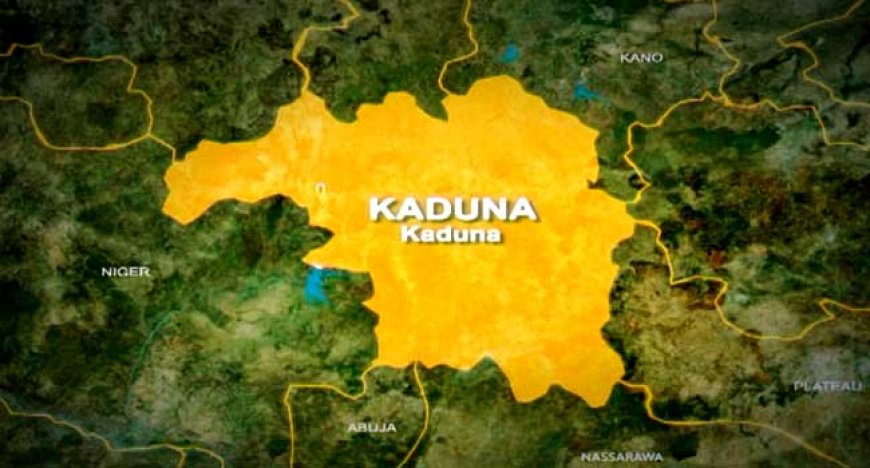Climate change, women empowerment, initiatives educate Kaduna communities

The Women Empowerment and Climate Resilience Initiative (WECRI), in partnership with the Agile Governance and Climate Engagement (PACE) Programme, has finalised plans to educate several communities in Kaduna State on climate change.
The exercise, the News Agency of Nigeria (NAN) reports, will be led by the Bridge That Gap (BTG) Initiative, a consortium partner of the four-year PACE programme. The PACE programme is designed to strengthen climate governance through activities such as capacity building and policy influence across Nigeria.
Executive Director of BTG Initiative, Gloria Bulus, disclosed this on Wednesday during a visit to the traditional ruler of Zangon Kataf community, where she sought royal blessings and approval for the project’s implementation.
Bulus explained that BTG will lead a six-month pilot project across Chikun, Zango Kataf, and Zaria local government areas, focusing on awareness creation and deforestation.
The project will include training journalists on effective reporting of desertification, deforestation, and climate change issues, as well as hosting radio call-in programs.
She also revealed that energy-efficient cookstoves would be distributed to 50 women in the targeted areas, along with conducting a baseline assessment.
“We will also monitor the usage of the stoves in the Zonkwa community in the Zangon Kataf locality to assess the readiness of our people for this intervention, which aims to ease the pressure women face in collecting firewood. We will train selected women and build their capacity in governance and advocacy, as they will lead advocacy efforts for this project,” Bulus said.
The BTG executive director further shared that the project will involve planting 2,000 trees in the community.
In response, the traditional ruler, Luka Kogi-Yabwat, described the project as lofty and enduring, promising to support the initiative and instruct his people to offer full cooperation.
Similarly, Philip Jatau, the Sarkin Daji of Zonkwa, expressed enthusiasm for the project, stating it would benefit future generations and ease the burden on women obtaining firewood.
“We are happy because even when we are no longer here, our children will appreciate the results of this project. In this community, we do not have any forest; access to firewood is a major challenge. People must travel to other areas to gather wood. But with this project, even if we don’t benefit directly, future generations will. We have many open fields where these trees can be planted for the benefit of our people,” he said.
Mr. Ayuba Diem, Secretary to the local government council, also commended the intervention, noting that it will promote growth and development, reduce tree felling, and raise awareness of climate change.
“The importance of this intervention cannot be overstated. Due to a lack of awareness, we cut trees without understanding that we are putting vegetation at risk.
Previously, we did not experience indoor heat exposure, but now we do, even inside our rooms. This project will help reduce tree felling in the community. We are very happy and hope that the support will be scaled up because this community is quite large,” Diem said.
The NAN reports that the team also made an advocacy visit to the Esu of Chikun, Ishaku Yari, who pledged his full support and urged that internally displaced persons (IDPs) be included as beneficiaries of the project. Yari further emphasised that the Maraba Rido community should be prioritised to help alleviate their suffering.

 admin
admin 


